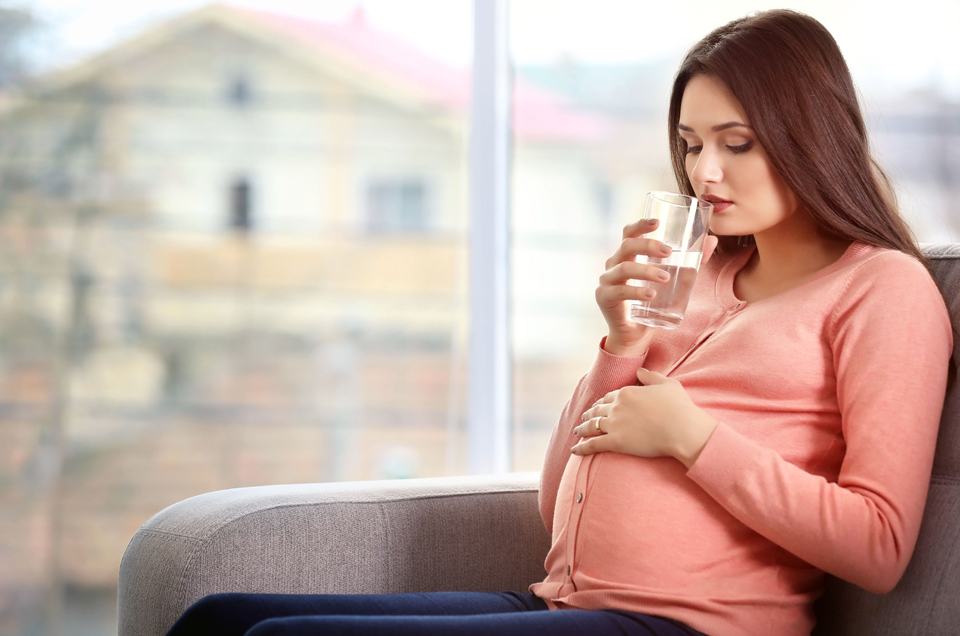Every woman goes through menopause (rajonivriti). It’s one of the natural effects of ageing and signals the end of the menstrual cycle. Typified by a dip in the production of the female hormone estrogen, it indicates that the body is transitioning from the pitta phase into the vata phase of life.
Vata is considered to be the prime of all three doshas. It controls all the movements in the mind and body, including blood flow, heart function, breathing, and the neuro- hormonal system. In addition, vata also controls the level of estrogen in the body, which is helpful in maintaining youth.
For this reason, any imbalance in vata impacts the working of the ovaries and stops the production of eggs. Women who’ve experienced pitta or vata imbalance in the years leading up to the menopause are likely to have a difficult time in this phase of their life.
So, if menopause is a natural condition experienced by all women as they age, what causes its early onset?
The causes of premature menopause can be classified into two categories – medical and lifestyle related factors.
Medical factors:
-
Primary ovarian insufficiency
-
Hypothalamic and pituitary tumors
-
Surgery to remove the ovaries or uterus
-
Chemotherapy or radiation therapy for cancer
-
Chronic diseases
-
Psychiatric disorders
Lifestyle Factors:
-
Stress & tension
-
Lack of exercise
-
Hectic schedule
-
Poor nutrition & junk food
-
Use of harsh chemicals that get absorbed into our skin
-
Pollution & lack of greenery
-
Smoking, drinking, and substance abuse
-
Sexual relationships with multiple partners
-
Emotional turmoil brought on by events like loss of loved one, divorce, widowhood, etc.
-
Societal factors, such as late marriage, late pregnancy, or induced abortion
-
Estrogen is stored in the fat tissues of the body. Women who are very thin have less estrogen stored and, there, at higher risk of getting premature menopause.
The symptoms of premature menopause include irregular / missed periods with heavier or lighter flow than usual. Women may experience hot flashes, vaginal dryness, weight gain, bladder irritability, or loss of bladder control, sleeplessness, dry skin, eyes, or mouth, and decreased sex drive. Premature menopause also triggers an emotional response among women, which could include mild depression, irritability, mood swings, anxiety, insomnia, and listlessness.
Early onset of menopause is not a condition that should be treated lightly. Lower levels of estrogen in the body can cause a lot of problems and lead to complications, like osteoporosis, gum diseases, and cataract formation. It can even put women at risk of colon and ovarian cancer.
Since premature menopause cannot be reversed, our best attempt would be to take preventive measure. The following diet and lifestyle changes are recommended:
-
Follow a healthy and balanced diet and eat your meals on time. Say no to junk food and fizzy drinks and reduce the amount of refined sugar and caffeine you have in a day.
-
Avoid salty, spicy, or sour foods, like pickles or chutney. Eat more of warm food and drinks and add spices like fennel and cumin seeds to your food.
-
Exercising regularly, at least 30 minutes every day.
-
Meditate to calm the mind and relieve yourself of emotional baggage.
-
When buying fruits and vegetables, choose organic produce, which are free of pesticides and insecticides.
-
Do not smoke or drink excessivelyor do drugs. Also, refrain from having multiple sexual partners.
With a little bit of foresight and some lifestyle modification, women can keep themselves protected from premature menopause and live a long and fruitful life, free of pain and complications.
































